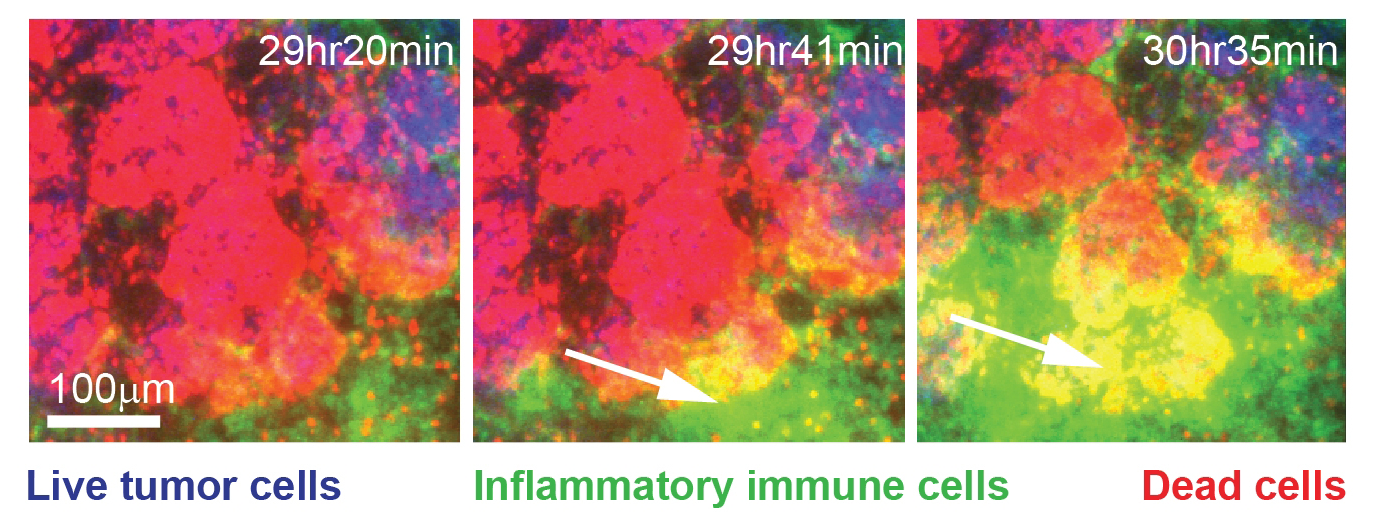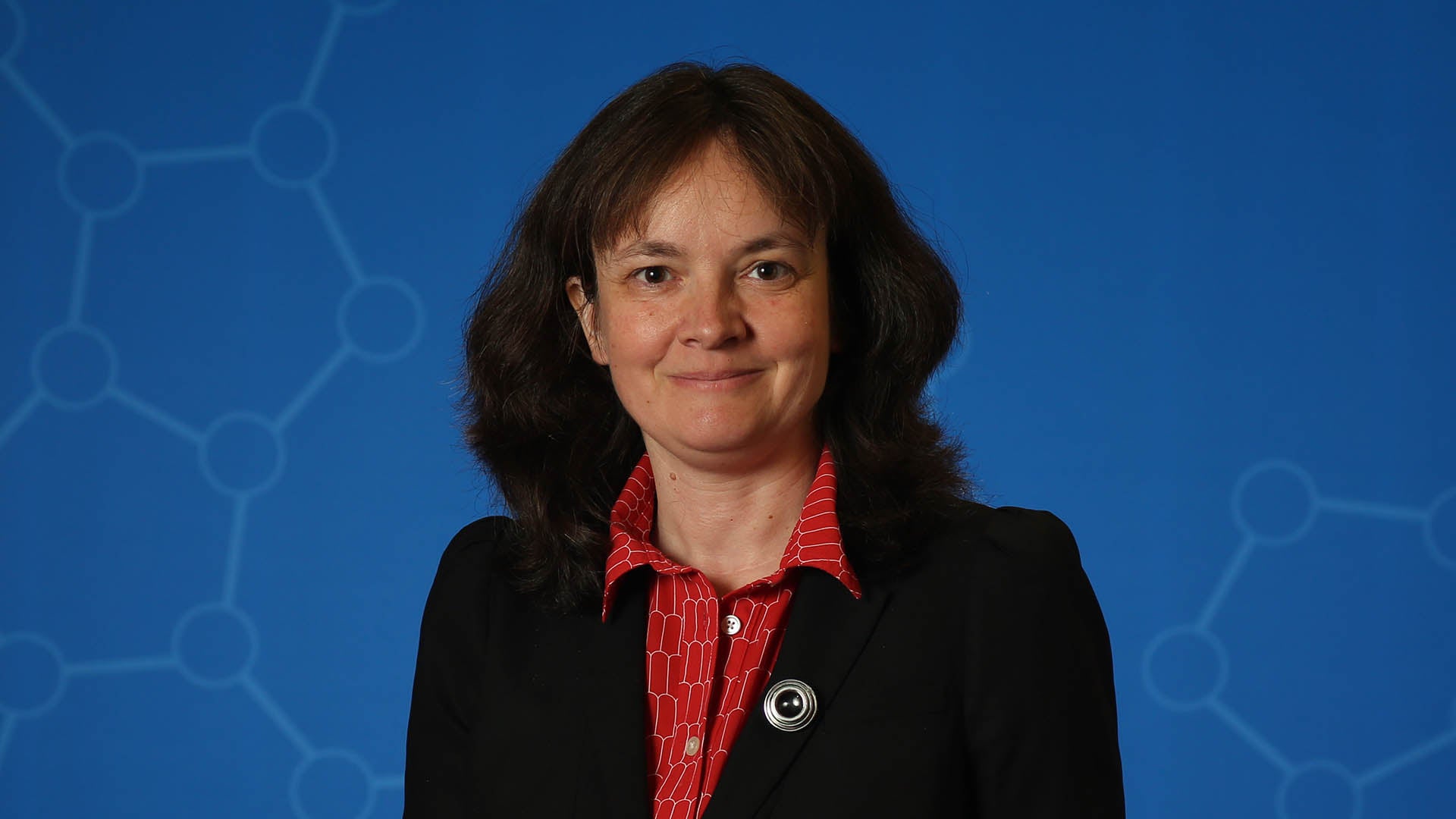A multi-year, $2.5 million Department of Defense grant to advance cutting-edge breast cancer research
Cold Spring Harbor, NY — Associate Professor Mikala Egeblad, Ph.D., a cancer researcher at Cold Spring Harbor Laboratory (CSHL), has won an Era of Hope Scholar Award from the United States Department of Defense (DoD) Breast Cancer Research Program.
This prestigious award supports early-career scientists who have demonstrated extraordinary creativity, vision, and leadership potential within the field of breast cancer research. Dr. Egeblad is one of only two recipients of the award this year, and she will receive $2.5 million for her research over the next five years.
“Congratulations to Dr. Egeblad on this important award, which recognizes the excellence of her research program on breast cancer,” said CSHL President and CEO Dr. Bruce Stillman. “The award provides significant support for Dr. Egeblad’s research and will allow her to continue to innovate.”
As recently reported in the journal Nature, Dr. Egeblad’s group is at the forefront of efforts to use microscopy to view living tumors. Called “intravital” imaging, this approach enables scientists to view how tumors develop, how they move through tissues and spread to other parts of the body, and also, importantly, how they respond to treatments. (This is more fully explained in Nature—Imaging: Cancer caught in the act).

“The approach allows us to follow tumor cells—in real time—as they multiply and move through the body,” Dr. Egeblad says. “We use the technology to study how the tissue surrounding the tumor cells—the tumor microenvironment—contributes to cancer. Communications between tumor cells and normal cells can greatly alter how tumors grow, respond to therapy, and whether they spread to other parts of the body. Inflammatory immune cells normally protect against microbial pathogens but in breast cancer, they unfortunately help tumor cells survive treatment or spread.”
Dr. Egeblad’s team studies how signals between different types of inflammatory cells and tumor cells can be targeted to improve response to chemotherapy and to prevent metastatic spread.
In the project funded by the Era of Hope Scholar Award, Dr. Egeblad will lead a team that utilizes microscopic imaging with cutting-edge genetic technologies developed at CSHL that can show how genes are altered in individual, drug-resistant tumor cells. The goal is to identify the signals from inflammatory cells that make tumor cells resistant to drugs. Finding a way to block or inhibit such signals could improve the response to existing breast cancer drugs, and in particular make treatments of late-stage breast cancer much more effective than they are today.
More about Dr. Egeblad’s research: Cancer Discovery—Q&A: Mikala Egeblad on Tumor Microenvironment
Written by: Peter Tarr, Senior Science Writer | publicaffairs@cshl.edu | 516-367-8455
About the DOD Era of Hope Scholar Award
The Era of Hope Scholar Award supports individuals who are early in their careers and have demonstrated significant potential for innovation in breast cancer research. These individuals are exceptionally talented scientists who have shown that they are the “best and brightest” in their field(s) through extraordinary creativity, vision, and productivity. They have demonstrated experience in forming effective partnerships and collaborations and exhibit strong potential for leadership in the breast cancer research community. Since the intent of the Era of Hope Scholar Award is to recognize creative and innovative individuals rather than projects, the central feature of the award is the innovative contribution that the Principal Investigator (PI) can make toward ending breast cancer. The PI should articulate a vision that challenges current dogma and demonstrates an ability to look beyond tradition and convention.
